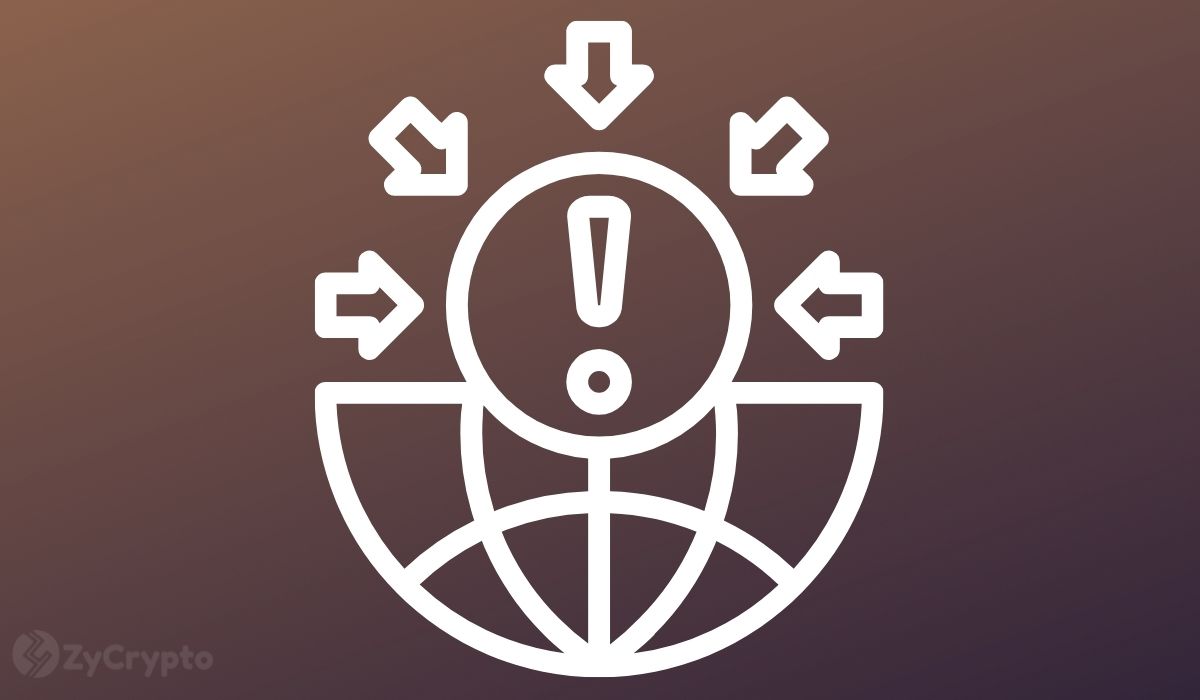Cardano founder Charles Hoskinson has stated that he does not buy the idea of a Central Bank Digital Currency (CBDC). The growing interest by world governments in developing CBDCs has sparked several debates surrounding excessive government control and privacy.
Concerns Around CBDCs
Since the rise of decentralized cryptocurrencies, Central Bank Digital Currencies, known as CBDCs, have become a major point of interest for several governments. Governments are beginning to realize that to make the central bank-issued currency relevant, it has to match the capability of decentralized currencies in terms of efficiency and cost.
However, the idea that citizens would hold accounts directly controlled by central banks has sparked many debates around privacy and control. Some speculators believe that the lure for government to monitor and restrict transactions in the guise of stopping money laundering, terrorism funding, and promoting social good would be overwhelming.
Charles Hoskinson is one of those who believe that this would be the outcome of the development of a CBDC. In a recent tweet, the Cardano founder shared a video of a Joe Rogan podcast with the caption “Why CBDCs are a really bad idea.”
In the video, Maajid Nawaz, an activist and a guest on popular American commentator Joe Rogan’s podcast, explained that the G7, which is formed by the world’s 7 largest IMF economies, was planning to create a CBDC as they believed that the time of paper money was coming to an end. However, the guest cited that the proposed CBDC, as stated by officials of the Bank of England, would be programmed such that it could not be, for example, spent on certain food items, or it could be restricted if an employer was displeased with an employee.
Nawaz compared the proposed CBDCs to vouchers that could only be used where the government allows and the system comparable to the Chinese social credit system. Nawaz believes that people should brace up for the possibility that the risk of governments losing their control because of the disruption brought by decentralized cryptocurrencies would make them more controlling. However, he expects the people to win in the end.
The Present State Of Things In The CBDC Race
Fearing such outcomes, now is likely the best time to sound the alarm like Nawaz. Currently, all countries in the G7 are yet to launch a CBDC, but all are in various levels of research or testing. Looking at the potential outcomes of a CBDC development, it is not surprising that among leading economies, China which is not part of the G7 is leading the pack in CBDC development as it is already carrying out large-scale testing in different regions.
Notably, early this year, the Fed released its study on a CBDC, asking the public for a comment without taking a clear stance. However, in Biden’s executive order, the president urged the relevant authorities to look into the development of the technology.
Minnesota Congressman Tom Emmers and Senator Ted Cruz are amongst those who have spoken up against the development of a CBDC. In a tweet some days ago, Emmers said, “The U.S. is not ‘behind China on crypto.’ CBDCs are not crypto – they’re a government surveillance tool. Crypto creates freedom, it doesn’t destroy it.”







